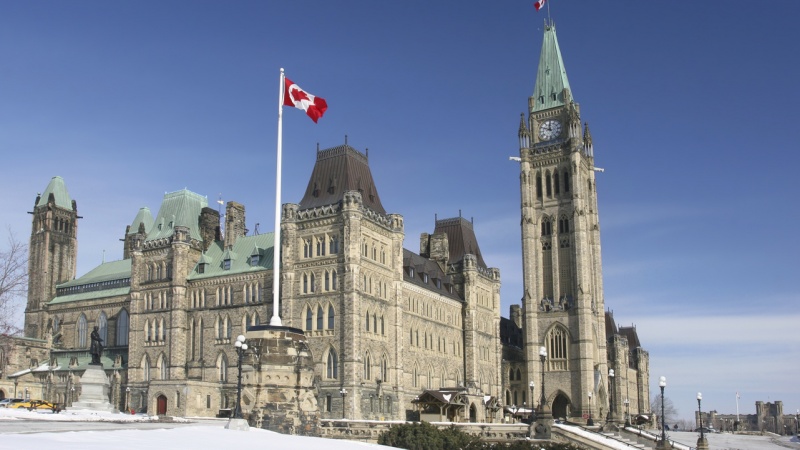ARE WE ON THE CUSP OF MAJOR REFORM?
Living in BC in the year of 2018 one cannot help but balk at the high real estate prices and costs of living in one of the most beautiful places on the planet. Due to local populist pressure, the provincial government has intervened with significant regulation and tax overhaul to deter the ever-increasing pricing of real estate. However, coupled with other provincial and federal taxes at both the corporate and individual level, the general business sentiment is currently one of unrest. In fact, many believe that a substantive tax review is overdue in not only BC, but Canada at both the corporate and individual levels.
In my earlier article in January of this year, it was highlighted that the Canadian tax regime is uncompetitive with that of the US south of the border and as a result we would be seeing an exodus of corporate dollars. Alarmingly and unsurprisingly, corporate dollars have flown south, thankfully not at the rate expected, but Canada is bleeding slowly. Canada needs tax reform, if not for competitiveness then definitely for efficiency and change. It is proving increasingly difficult to modify current tax systems to address the new challenges posed by a rapidly changing economy. Rather than making tax legislation more complex, as has happened over the last year, it needs to be simplified with strategic incentives.
Add technology to this mix. Vancouver is one of the hottest tech cities in Canada and with ties to significant hubs such as San Francisco and Silicon Valley, change is hard to ignore. Technology is changing the way we do business and it is also affecting how we think, act and move. It is also reshaping tax policy and provoking conversation on how to tax intangible wealth and wealth that moves freely with no borders. For example, take tech giants like Apple and Amazon who can move their intangible capital into havens such as Ireland, and as a result pay minimal tax. By one recent estimate, close to 40% of multinational profits are shifted to low-tax countries each year. One can only feel that situations such as this will become more prevalent. Our taxation legislation is currently not structured to deal with disruptive technologies or how tech-companies operate, leading to further losses of tax dollars in federal coffers.It has been suggested that perhaps here in Canada we need to start taxing inheritances, gifts and the dispositions of primary residences to make up the short-fall. While I agree this is a large source of wealth in Canada, I also feel that this would be detrimental to the long-term health of our economy as especially here in BC as family groups are integral to the farming, manufacturing and services industries. If we start taxing these sources of capital, we could trigger negative consequences and possibly stunt future growth.
To deal with the issues of fairer taxation and new horizons, we need to step back and stop using tax as purely a political tool for good headlines. It can be argued that politicians rarely consider the scope and purpose of taxation, but I also feel the general public is to blame. We are like an angry mob, quick to demand more tax on the rich or impose restrictions on what we deem unfair, without considering the consequences. As tax is a political tool this may be impossible to ask, but to address the issues we have here in BC and as a greater whole Canada, the time for intelligent analysis of our taxation system is near. I would tend to agree with Heather Evans the Executive Director and CEO of the Canadian tax Foundation, in her following statement on the future of tax policy, “However, political realities notwithstanding, the endeavour to change is worthwhile, and we as a country should continue to support such an effort”.
Adam Smith said that taxes should be efficient, certain, convenient and fair. The reality could not be further from the truth.









